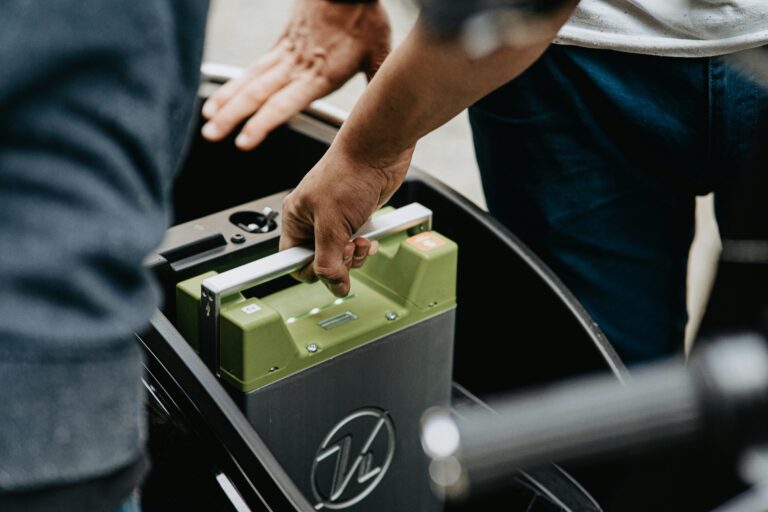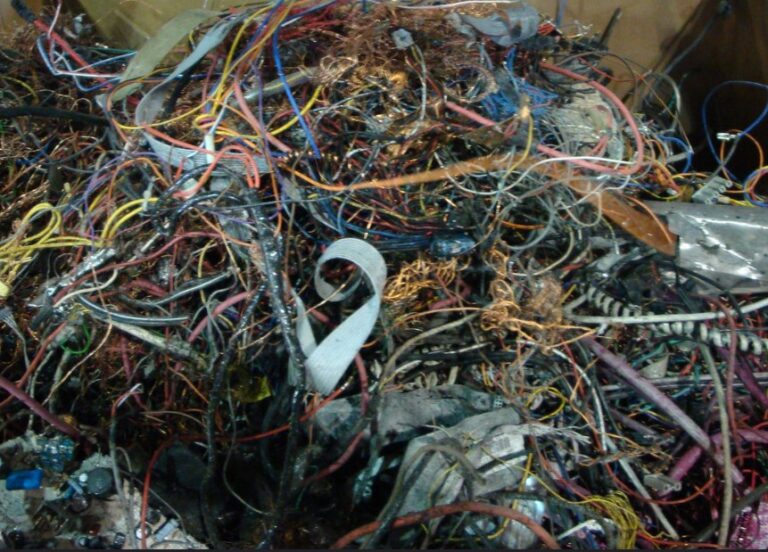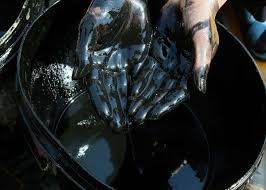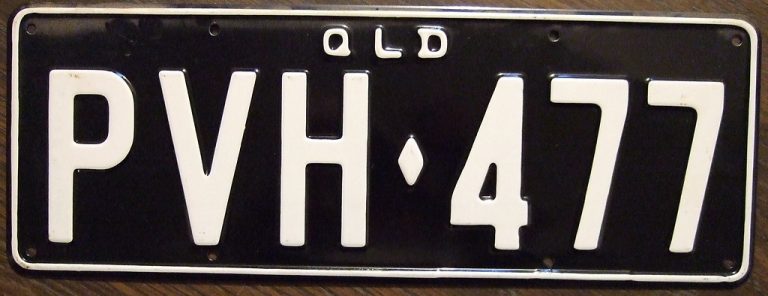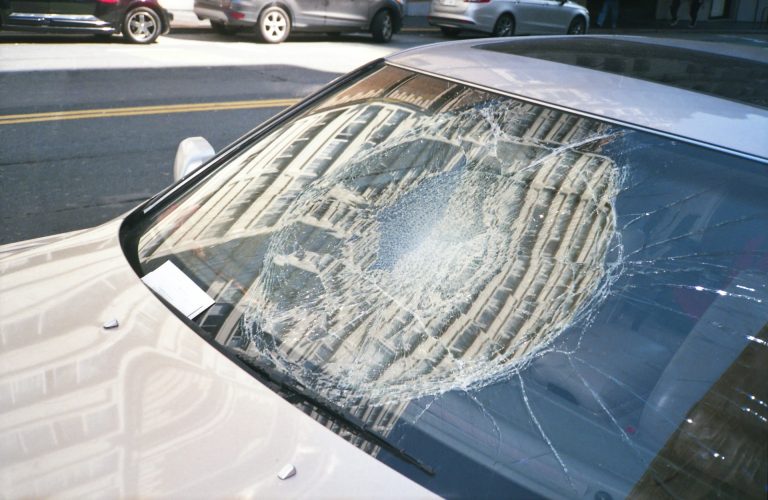Disposal, Scrapping & Recycling Lithium Batteries
Recycling lithium batteries is important for mitigating environmental impact and conserving valuable materials. With the growing demand for lithium-ion batteries, especially in electric vehicles and mobile phones, the need to effectively recycle electric vehicle batteries has never been more pressing. Recycling batteries, particularly lithium-ion, ensures that we recover valuable materials like nickel, cobalt, and copper,…

